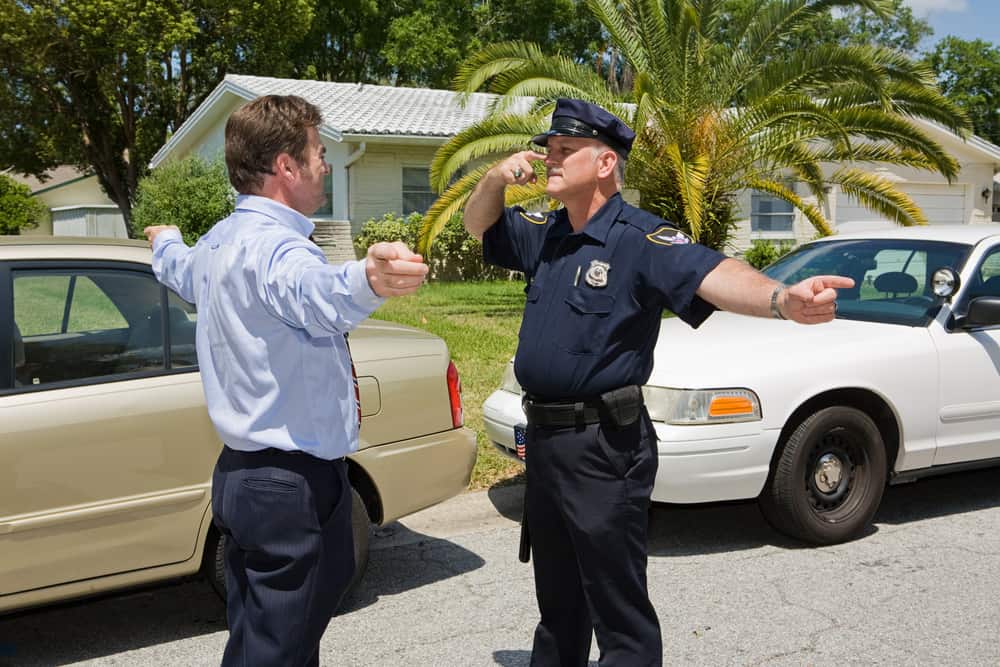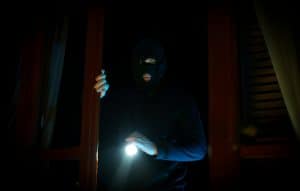Yes, but you should talk to an attorney before you either take the test or refuse. A DWI is an offense that is prosecuted aggressively in New York. One of the most controversial yet important laws is the implied consent law. Under New York’s implied consent law, any motorist with a valid driving license automatically consents to take a chemical test to determine their blood alcohol concentration (BAC) when requested to take one.
As such, refusing a breathalyzer test can have far-reaching legal consequences on the driver. More importantly, it can lead to an automatic suspension of the driver’s license and a fine of up to $ 500 imposed on the offender. It will also results in the loss of your CDL license and the loss of your pilots license.
But what about a field sobriety test? Is it mandatory? It is imperative to understand the implications associated with refusing to take a field sobriety test and what your rights are when it comes to a DUI charge.
Here is a breakdown of what you need to know about field sobriety tests in New York and the implications associated with a refusal to take the test.
What is the purpose of the field Sobriety Test in New York?
Put simply, the Field sobriety test is meant to determine whether or not an individual is intoxicated. The field sobriety test measures the driver’s cognitive functioning, balance, and coordination.
What’s more, the officers may use the test to determine whether there is probable cause to administer a chemical test such as a breathalyzer test.
As such, when administering the field sobriety test, the law enforcement officers may request you to:
Although the field sobriety test is meant to determine whether there is probable cause, it is a no-win for motorists. Stated simply, field sobriety tests don’t work in favor of motorists, and oftentimes motorists perform poorly due to a variety of reasons.
Can you refuse a Field Sobriety Test in New York?
Don’t refuse the test before talking to an attorney. You can refuse to take a field sobriety test in New York. This is because there is no mandatory provision in the law requiring drivers to take a field sobriety test. More importantly, there are no civil penalties imposed by New York’s implied consent law in relation to field sobriety tests.
However, it is imperative to note that there are other general implications associated with refusing to take a field sobriety test. Quite frankly, you may get arrested if there is probable cause, and, at the same time, refusal can be used against you during a DWI trial.
Should you Refuse to take a field sobriety test?
Quite frankly, refusing to take a field sobriety test can affect you positively or negatively, depending on the circumstances of your case. For example, if you are not intoxicated, taking a field sobriety test might help you against any subsequent DWI charges.
In the same vein, if you are intoxicated, participating in a field sobriety test can establish probable cause to administer a chemical test.
Therefore, the decision to participate or refuse to participate in a field sobriety test is a question of fact that depends on the circumstances of each case. However, if you decide not to take a field sobriety test, you must ensure you do so politely. A confrontation can impact your case negatively.
What if you take a Field sobriety test and fail?
If you fail a field sobriety test, it doesn’t lead to an automatic DWI conviction. This is because the tests are often subjective, and multiple factors can impact someone’s performance. Typically, your attorney can argue that an underlying medical condition, noisy roads, or uncomfortable shoes may have made it impossible for you to pass the field sobriety test.
Need help? Contact us today
If you or your loved one is facing a DWI charge in New York, you need to act promptly to safeguard your rights and interests in the case. Admittedly, a DWI charge can have serious implications on your life, and it would be best to ensure you work hard to avoid conviction.
An attorney at the Norman Mattar law firm has experience handling DWI cases in New York and will work hard to ensure that the charges are reduced or dropped altogether. Contact us today for a free case evaluation.




